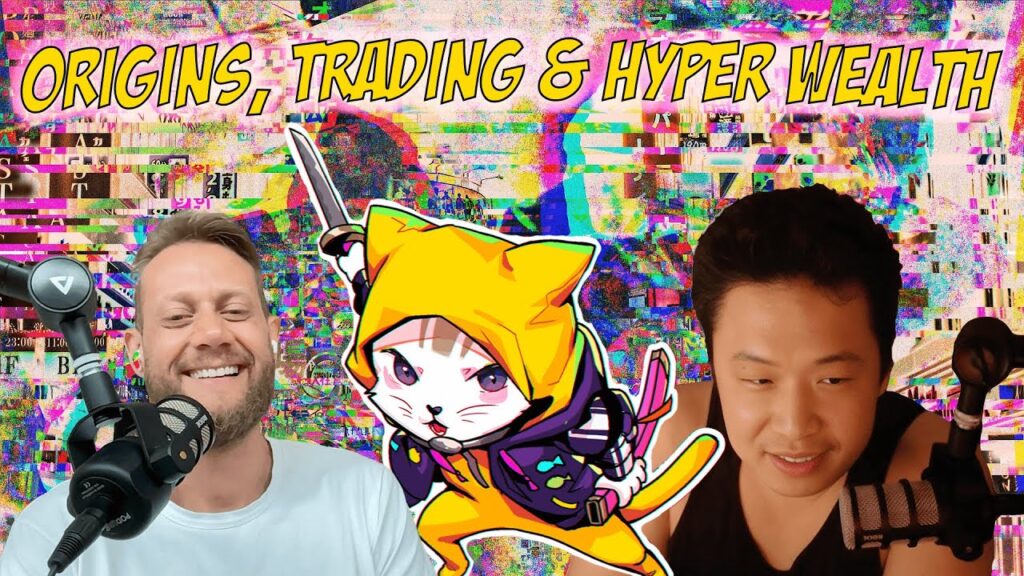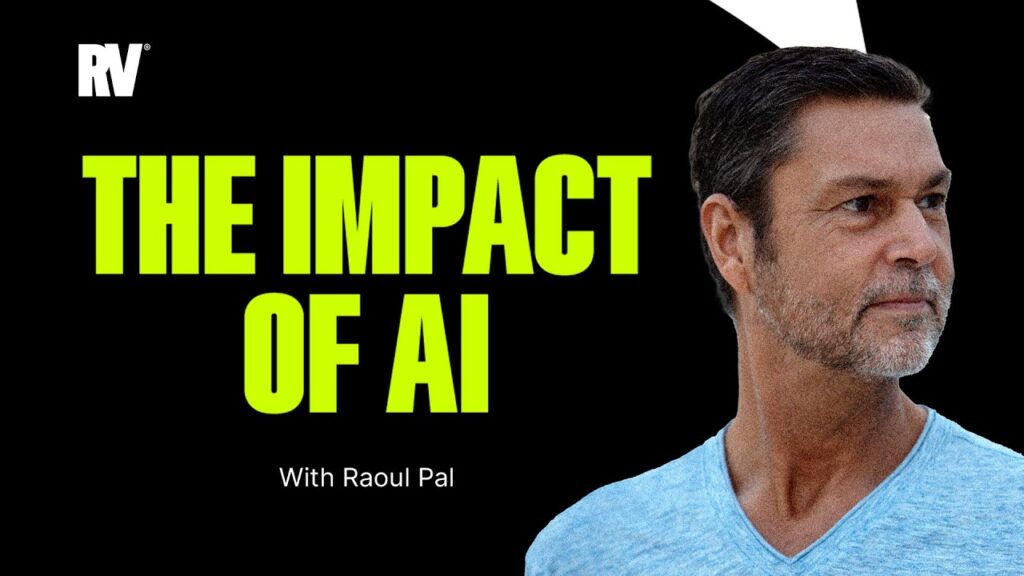Podcast Summary
This podcast episode features guests Eugene Wei, author of “Status as a Service,” and Li Jin, a crypto investor who popularized the term “ownership economy.” The discussion revolves around the current state of social media, the limitations of web 2, and the need for a new social landscape. The guests delve into the components of web 2, such as the ad model and feed model, and discuss which parts are worth keeping and which can be discarded in the transition to web 3. The conversation also touches on the concept of fame versus love and the importance of psychological ownership in the crypto space.
Key Takeaways
The Evolution of Social Media
- From Web 2 to Web 3: The podcast discusses the history of social networking, from early projects like email and news groups to the rise of Facebook and the introduction of the feed. The transition from deterministic feeds to probabilistic feeds marked the shift from social networking to social media, with users battling algorithms to gain visibility. The ad business model became dominant in web 2 social networks, leading to a zero-sum game for attention and a focus on addictive and entertaining content.
- The Limitations of Web 2: The strength of the advertising duopoly in the US makes it difficult for new social networks to gain traction and become relevant in the advertising space. The structure of social graphs, or the connections between users, plays a significant role in determining how people use a social network. Most people do not frequently prune or change their social graph, which creates a form of “graph lock-in” and limits interactions on social networks.
The Rise of Crypto Social Networks
- Ownership as a New Business Model: The potential of ownership as a new business model lies in its ability to monetize different types of attention in a fine-grained way, distinguishing between different levels of fandom and engagement. Crypto social networks are emerging as platform-less entities, existing outside the confines of traditional social platforms, with their own native tokens.
- The Impact of Algorithms: In the web 1 era, the dominant algorithm was Google’s page rank, optimizing for engagement through inbound links. In the web 2 era, social media feed algorithms determine what content users see, offering both scaled distribution and a distorted picture of reality. Social media and algorithms have a reflexive nature, shaping how individuals view their fellow citizens and contorting content to fit algorithm preferences.
The Potential of Crypto Social Networks
- Shifting Focus from Entertainment to Utility: There is potential for social networks to shift their focus from entertainment to utility and improve upon networking as a utility, building graphs with higher resolution on trust and prioritizing different business models. The problem with an ad model is that it restricts sharing the graph with other developers, but alternative business models could allow social networks to open up their graphs for developers to build upon.
- Understanding Human Needs: There is an opportunity to build crypto social products that cater to love, belonging, and esteem, rather than just financialization. Building products that solve for intangible human needs is more challenging but ultimately more fulfilling and beneficial for the community.
The Importance of Psychological Ownership
- Psychological Ownership in Crypto: The concept of psychological ownership is introduced, which refers to the feeling of attachment or affinity towards a product or service, regardless of legal ownership. The speaker highlights the importance of psychological ownership in crypto products and suggests that it can be increased through various factors, such as investing time and effort, providing a sense of control or agency, and creating an alignment between the product and the user’s self-image.
- Strong Psychological Ownership in Crypto: Examples of strong psychological ownership in the crypto space are mentioned, such as Bitcoiners rallying during bear markets and the Ethereum community showing increased support during downturns. The concept of self-object congruity is mentioned as a framework for understanding the psychological ownership and its impact on the price floor of cryptocurrencies.
Sentiment Analysis
- Bullish: The podcast expresses a bullish sentiment towards the potential of crypto social networks. The guests highlight the limitations of the current web 2 social networks and the need for a new social landscape. They discuss the potential of ownership as a new business model and the emergence of crypto social networks as platform-less entities. The conversation also touches on the potential for social networks to shift their focus from entertainment to utility and the opportunity to build crypto social products that cater to love, belonging, and esteem.
- Neutral: While the podcast is generally bullish on the potential of crypto social networks, it also acknowledges the challenges and limitations. The guests discuss the strength of the advertising duopoly in the US and the difficulty for new social networks to gain traction. They also touch on the impact of algorithms on social media and the reflexive nature of social media and algorithms. The podcast also acknowledges the riskiness of crypto investments.












